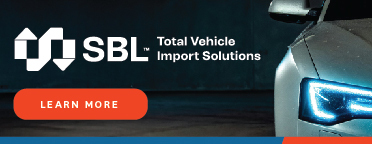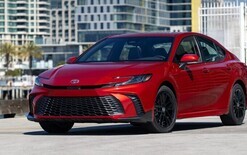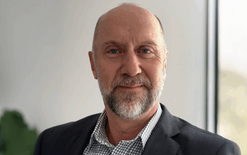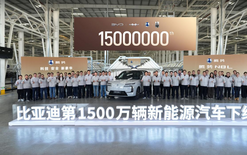Musk set for influence
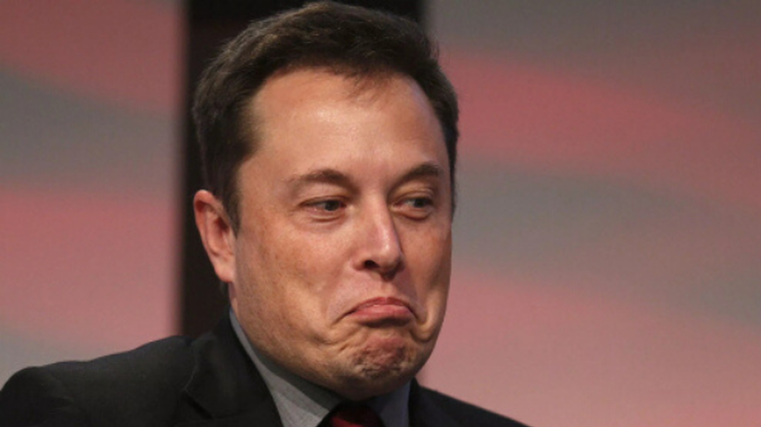
Elon Musk’s backing of Donald Trump’s victory for a second presidency could well give him influence to help his companies secure favourable treatment from the US government.
The Tesla founder contributed at least US$119 million (NZ$203m) to a pro-Trump spending group, according to federal records, and extensively touted the former president at the critical late stage of his election campaign.
Musk’s politicking reflects a wider strategy to insulate his companies from regulation or enforcement and boost their government support, according to Reuters interviews with six Musk-company sources and two government officials.
Musk’s business interests, which include Tesla electric vehicles, SpaceX rockets and Neuralink brain chips, depend on government regulation, subsidies or policy.
“Elon Musk sees all regulations as getting in the way of his businesses and innovation,” says one former top SpaceX official. “He sees the Trump administration as the vehicle for getting rid of as many regulations as he can so he can do what he wants, as fast as he wants.”
Musk endorsed Trump on July 13 when the then presidential candidate was shot in the ear in Pennsylvania. His donations financed an extensive get-out-the-vote effort as Trump faced a stiffer challenge after vice-president Kamala Harris became the Democratic presidential nominee.
Musk spent election night with the president-elect at his Mar-a-Lago club in Florida and Trump said he would name the businessman as his administration’s “efficiency czar”.
Tesla, SpaceX, Neuralink and Musk didn’t respond to Reuters’ requests for comment. The Trump campaign called Musk a “once-in-a-generation industry leader” in a statement, adding the “broken federal bureaucracy will benefit from his ideas and efficiency”.
Musk once fashioned his image primarily around fighting climate change by building EVs and rockets that could one day help humans flee to Mars from a dying Earth.
He’s now at the forefront of a growing class of Silicon Valley billionaires championing a libertarian movement as a backlash to the California region’s historically liberal ideology, which Musk now describes as a “woke mind virus”.
Musk’s growing power has excited his backer, including Shervin Pishevar, a venture capitalist who has invested in SpaceX and advocated for Silicon Valley’s shift toward Trump. Cutting regulation, he said, would speed SpaceX’s efforts to get to Mars.
“He’s going to make America function like a start-up,” Pishevar said of Musk. “There’s no greater entrepreneur in American history than Elon Musk.”
Driving automotive policy
Musk’s political ascension comes after perceived slights under the Biden administration that accelerated his embrace of Trump’s right-wing populism.
For example, Tesla wasn’t invited to an August 2021 EV summit at the White House that featured only unionised Detroit carmakers that produce a fraction of the EVs Tesla sells, reports Reuters.
The fortunes of Tesla could rise or fall depending on Trump’s treatment of the array of subsidies, policies and regulatory schemes for electric and autonomous vehicles.
Democratic administrations have historically championed many such pro-EV policies, with Tesla’s support. Musk could potentially now protect them despite the Republicans’ traditional rejection of EVs and Trump’s ridicule of Biden’s EV policy on the campaign trail.
For Tesla, Musk’s goals include getting the National Highway Traffic Safety Administration (NHTSA) to hold off on potential enforcement actions involving the safety of Tesla’s current driver-assistance systems, called Autopilot and Full Self-Driving, according to a Reuters source.
Musk’s “primary focus over the next four years would be de-enforcement”, says the person, adding he could also push for favourable regulation of autonomous vehicles and robotaxis that Tesla plans.
Musk stated in October 2024 that he expects to roll out driverless Teslas in California and Texas by next year, and start production in 2026 on a fully autonomous Cybercab with no steering wheel or pedals. Tesla would need a waiver from the NHTSA to produce such a vehicle.
There are no nationwide regulations in the US governing how autonomous vehicles can be deployed. Musk bemoaned the challenges of the state-by-state regulatory landscape in a Tesla earnings call last month and advocated for one federal approval process.
Brian Mulberry, client portfolio manager at Zacks Investment Management, a Tesla investor, says a streamlined and uniform set of autonomous-driving regulations may provide Tesla the biggest boost of any policy Musk might influence.
A “slimmer, trimmer federal Department of Transportation that gives common-sense guidelines” would give Tesla “room to prove their case” for the technology’s safety, he adds.
Despite Musk’s complaints of stifling bureaucracy, SpaceX leads the world in government-financed rocket launches and Tesla sells nearly two million heavily subsidised EVs annually.
Different business interests
At his brain-implant start-up Neuralink, Musk has long complained that the US Food and Drug Administration approval process has slowed the firm from implanting the device in humans.
Musk could use his rising clout in a Trump administration to cut through some of the safety-related approvals in that process, according to a source familiar with the company’s operations, reports Reuters.
Musk’s designs on setting up a lax regulatory environment come as his companies already face fewer regulatory requirements and softer enforcement of current federal rules, according to the six Musk company sources familiar with his regulatory dealings and political strategy.
Some federal agencies already struggle to muster the political will to go after Musk companies for alleged policy violations or safety issues, they said, in part because Musk is the dominant player in highly regulated and politicised industries.
Nasa, for instance, has relied on SpaceX’s know-how in missions such as the expected rescue of Boeing’s Starliner astronauts who are still stranded in space.
It and other agencies often try to avoid alienating the company, says a federal official. “NASA needs SpaceX more than SpaceX needs Nasa.”
Nasa has invested more than US$15 billion in SpaceX. SpaceX is also separately developing a network of hundreds of spy satellites with a US intelligence agency, Reuters has reported.
A Reuters investigation last year documented at least 600 worker injuries at SpaceX facilities nationwide.
Worker injury rates at SpaceX facilities continued to exceed an industry average last year, according to a Reuters review of safety data. Neither Nasa nor OSHA, which regulates worker safety, has taken any significant enforcement action against SpaceX.
Musk, in an interview before the election, described federal enforcement as overly harsh and said he aimed to get rid of “insane” regulations. “Eventually, you just can’t get anything done,” he said. Click here for Reuters’ full article.


